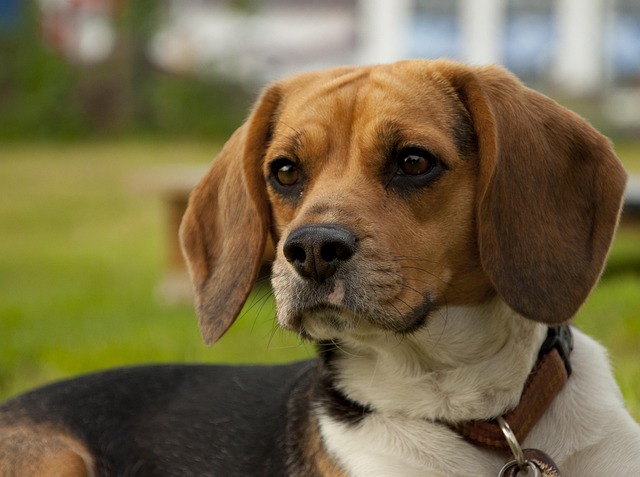
How hard is it to potty train a yorkshire terrier?
Bringing a Yorkshire terrier home fills your life with tiny paws and boundless energy, but the journey of potty training often comes with its fair share of challenges.
Your heart leaps as your 4-month-old Golden Retriever, Cooper, locks onto a discarded chicken wing during your Brooklyn sidewalk stroll – milliseconds from a dangerous snack. Mastering "leave it" (preventing grabs) and "drop it" (releasing hazards) transforms these panic moments into trust-building triumphs. Let’s break down this lifesaving duo through puppy psychology and practical urban living.
Puppies explore the world mouth-first – it’s neurological wiring, not defiance. When Cooper fixates on that sidewalk chicken bone or your designer sneaker, dopamine fuels his obsession. Force-free puppy training works with this instinct: rewarding choices away from temptation rather than punishing curiosity. Yanking leashes or shouting risks resource guarding and clashes with modern positive reinforcement protocols championed by veterinary behaviorists.
Begin indoors where distractions are minimal. For "leave it," start with a boring sock on your Portland apartment floor. The instant Cooper glances at it, mark the moment with a cheerful "Leave it!" and reward with chicken from your hand – teaching him that ignoring earns better prizes. Gradually increase difficulty by placing treats under your foot or walking past temptation.
"Drop it" training builds on trust exchanges. Offer Cooper a low-value toy. When he mouths it, present irresistible steak near his nose while saying "Drop!" in a singsong voice. The nanosecond jaws loosen, reward and return the toy. This critical step shows releasing brings rewards, not loss. After three days of successful swaps, practice with higher-value items like empty water bottles.
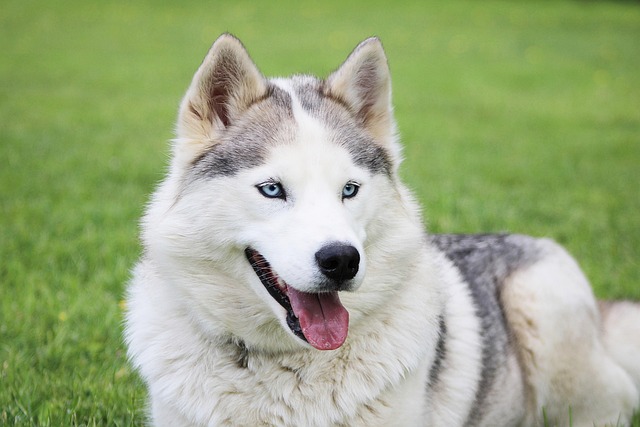
Apartment living demands real-world adaptation. If Cooper eyes pizza crust in your Seattle elevator, cue "leave it" before doors close – reward compliance with cheese the moment you exit. If he grabs a leaf in the hallway, initiate "drop it" trades using hot dog bits. Always carry enzyme cleaner for stress-induced accidents; Boston high-rises charge $150+ for carpet stains.
Legal realities anchor this training. If Cooper vomits scavenged trash during Chicago walks, scoop immediately – fines hit $250 in metros like L.A. His visible rabies tag (federally mandated) proves vaccination if he grabs someone’s glove. Never practice off-leash in communal gardens – leash laws protect everyone.
Cultural sensitivity matters. If Cooper swipes a toddler’s toy at Miami Beach, apologize instantly and initiate a treat trade. Avoid physical corrections like prying jaws open – this violates U.S. animal welfare norms. Consider basket muzzle conditioning for extreme scavengers; in progressive communities, it signals responsibility.
Troubleshooting requires finesse. If Cooper ignores "leave it," increase distance or upgrade to liverwurst. For stubborn "drop it," wiggle the item gently or use stinky salmon. Always celebrate the choice – never force compliance.
Real success shines when Cooper drops a dead bird for kibble during Atlanta hikes or ignores spilled fries after one "leave it" cue. That’s puppy impulse control forged through positive reinforcement protocols – not fear. Pair this with vigilant cleanup habits and respectful public etiquette, and you’ll transform hazards into unshakeable trust.

Bringing a Yorkshire terrier home fills your life with tiny paws and boundless energy, but the journey of potty training often comes with its fair share of challenges.
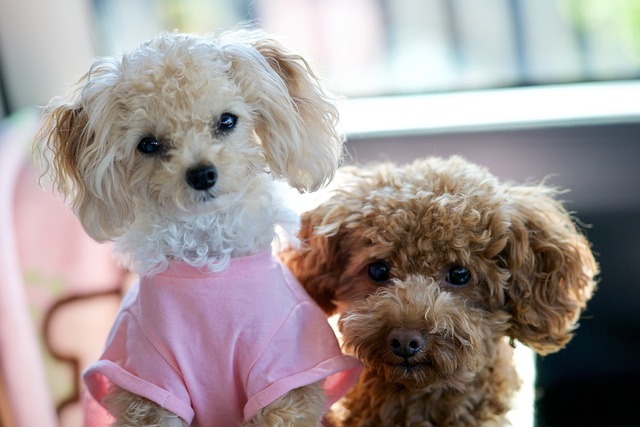
Imagine walking into your Houston home to find your rescue pit bull, Rocky, growling over a chewed shoe, hackles raised as you approach.
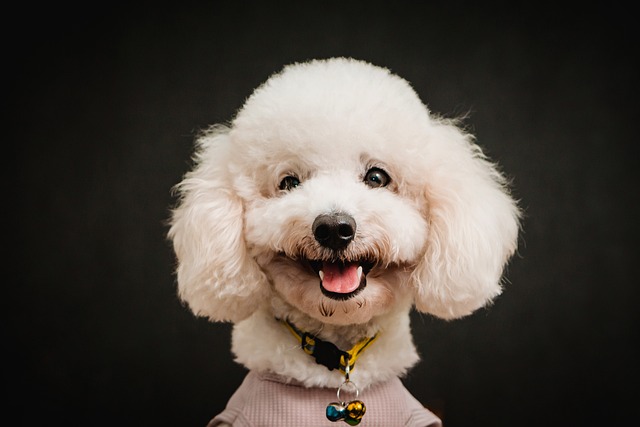
Imagine your squishy 9-week-old Labrador, Daisy, tumbling after a fallen Cheerio in your Chicago kitchen. You chirp, "Daisy, come!" – and those little paws scramble toward you
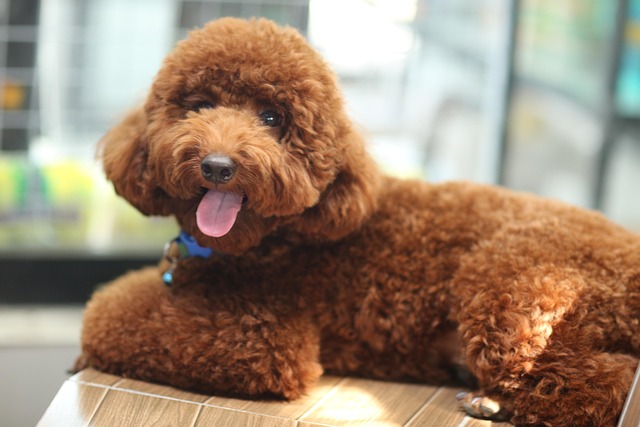
Imagine this: You’re at a sun-dappled park in Denver, waving a frisbee and calling your Australian shepherd, Zara, but she’s too busy sniffing a patch of grass where a squirrel paused minutes ago.
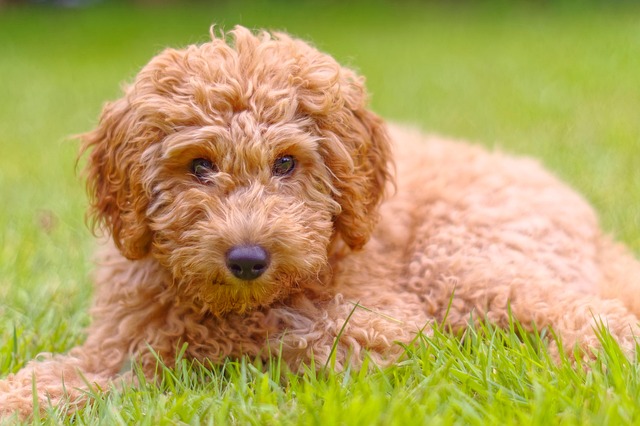
Picture this: you're at the local park, your new Labrador pup, Buddy, spots a fascinating squirrel. You call his name with growing urgency
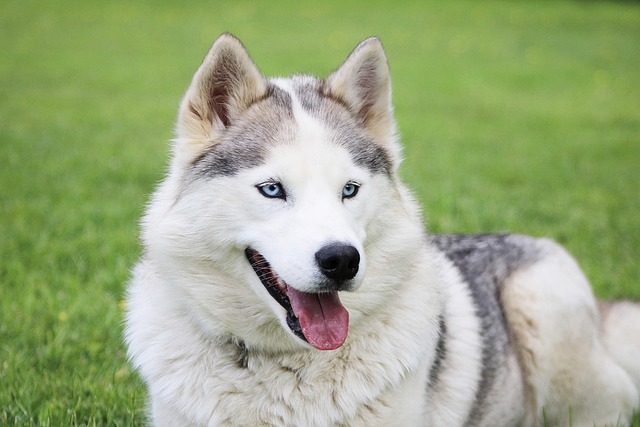
Your heart leaps as your 4-month-old Golden Retriever, Cooper, locks onto a discarded chicken wing during your Brooklyn sidewalk stroll – milliseconds from a dangerous snack.